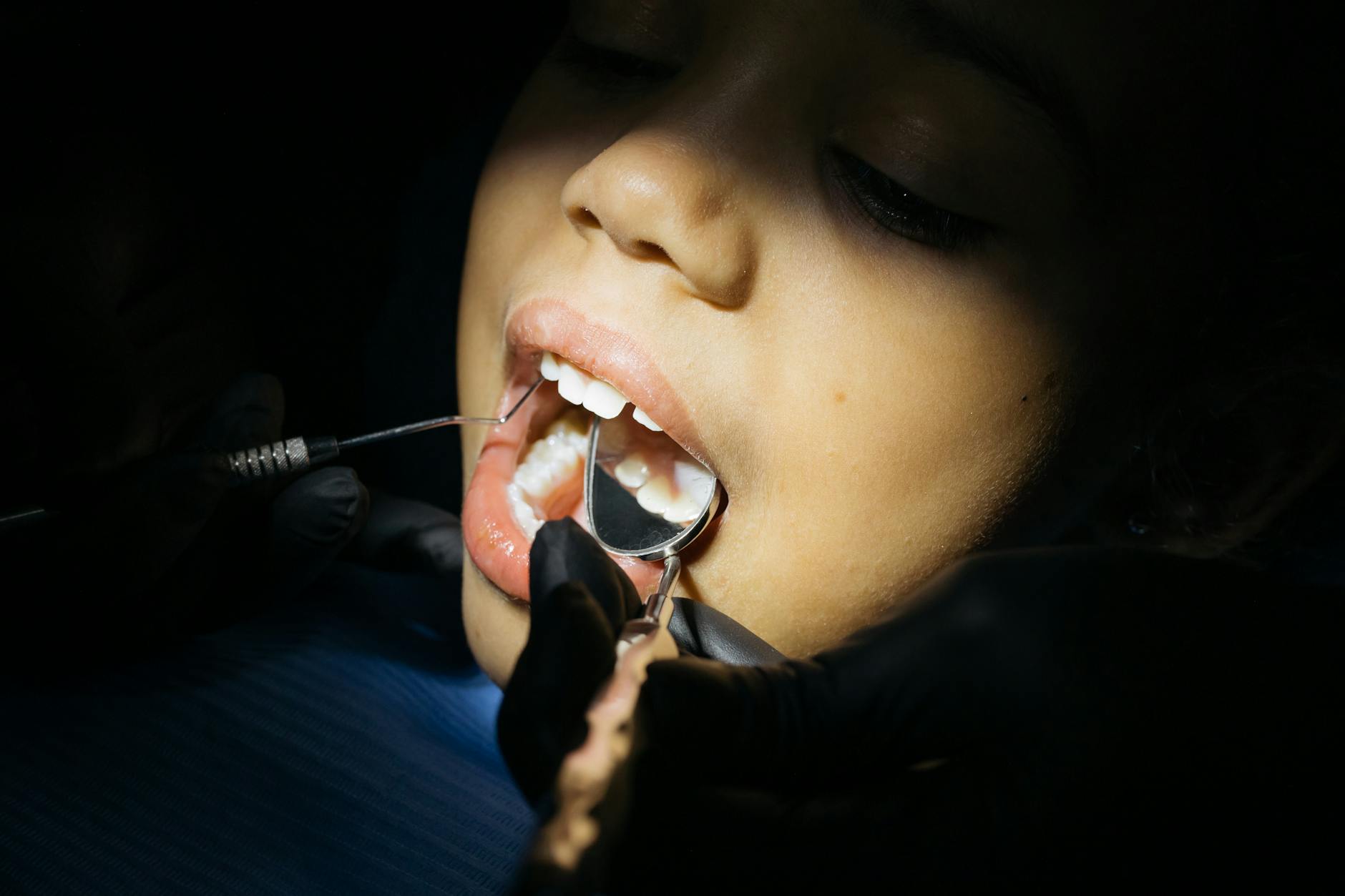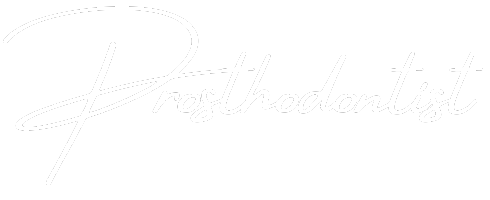
You start noticing what’s no longer there
Not in a dramatic way. Quietly. A hesitation before a bite. A shift in your smile. The way your tongue reaches for a tooth that no longer answers. You don’t mention it at first. You just adjust. You chew on the other side. You avoid cold drinks.
And somehow, that becomes normal.
That becomes normal
Until one day, it doesn’t. Someone takes a photo. You laugh and feel the gap. It shows. Or maybe no one says anything. But you know. You see. And you wonder what it means to have something replaced. Not just fixed—replaced.
It’s not the same thing.
You wonder what it means to have something replaced
Prosthetic dentistry doesn’t ask for shame. But many bring it anyway. It’s not about appearance. It’s about function. About comfort. About not holding your jaw a certain way just to speak clearly. About not turning away from the mirror.
But the fear comes anyway.
The fear comes anyway
What if it feels wrong? What if they can’t match it? What if it’s obvious? You spiral through those questions before even booking the appointment. You read reviews. You check photos. You pause before clicking “consultation.”
It’s never just teeth.
It’s never just teeth
It’s memory. Identity. Childhood trauma from metal chairs and latex gloves. It’s the old filling that never felt quite right. It’s the molar you lost during chemo. It’s the front tooth cracked during a fall no one saw. It’s your story—stitched in enamel.
And now, something else has to finish it.
Something else has to finish it
Bridges. Crowns. Implants. Dentures. The words begin to sound less foreign. More clinical. More necessary. You stop thinking about what you want. You start thinking about what you need. Need becomes louder than fear. Louder than money.
And that’s when something shifts.
Need becomes louder than fear
You sit in the chair. You open your mouth. They look. They measure. They explain. You don’t remember most of it. You remember the ceiling. The light. The way the air smelled. The hum of something behind your ear.
You remember how still you had to be.
You remember how still you had to be
The impressions. The waiting. The silence while they take photos. You try not to wonder how bad it looks. You try not to guess what they’re thinking. But you do. Because your body is the subject. And you’ve made yourself available for judgment.
Even if they don’t judge.
You’ve made yourself available for judgment
You go home. You wait. You count days. You stare at soup. At crackers. You talk less. Smile smaller. Time slows down when you’re watching for the next step. When all you want is to chew again. Or laugh without covering your mouth.
You don’t realize how much that matters.
You don’t realize how much that matters
Then the call comes. The fitting. You try it. It feels foreign. Too large. Too still. You look in the mirror. You tilt your head. You test your bite. It’s not perfect. But it’s there. And that changes something.
You stop looking at the absence.
You stop looking at the absence
It still shifts. It still feels strange. But it also feels like maybe this could be okay. You take a sip. You bite into bread. You say a word and hear your voice sound round again. Whole. Like something came back.
Like something let go.
Like something let go
Prosthetic dentistry doesn’t just offer solutions. It offers return. It offers repair. It meets you at the point where damage and desire intersect. Where healing isn’t just about health—but dignity.
Dignity you forgot you’d misplaced.
Dignity you forgot you’d misplaced
Not everyone needs a full denture. Not everyone needs implants. But everyone deserves to feel like their mouth belongs to them again. Not to the injury. Not to the illness. Not to the past.
To them.
Everyone deserves to feel like their mouth belongs to them
There’s no right age for it. No perfect time. Some come in their twenties. Some after sixty. Some after trauma. Some quietly, for no one but themselves. Because they’re tired of adjusting. Of hiding. Of working around the loss.
Because they want to eat and not think about it.
They want to eat and not think about it
That’s who needs it. The ones who’ve been compensating too long. Who bite on one side. Who speak slower. Who don’t order what they want anymore. Who smile with their lips closed. Who laugh behind their hands.
Who want something back.
Who want something back
And prosthetic dentistry listens. Not just to mouths—but to silence. To discomfort unspoken. To all the ways you’ve learned to adapt. It doesn’t shame you for coping.
It offers a way to stop.
It offers a way to stop
It takes time. Not just to make, but to trust. To wear it without noticing. To speak without fear. To chew without calculation. To smile without memory interrupting. That’s the real treatment.
Not the tooth. The return to ease.
